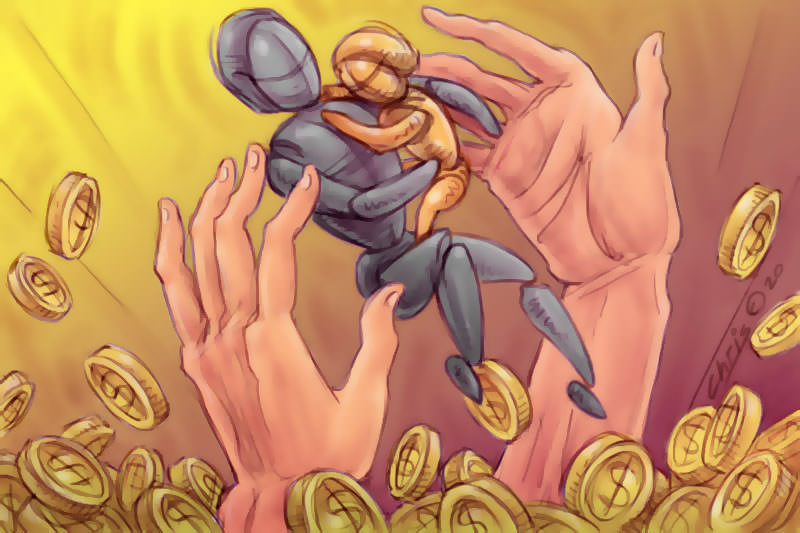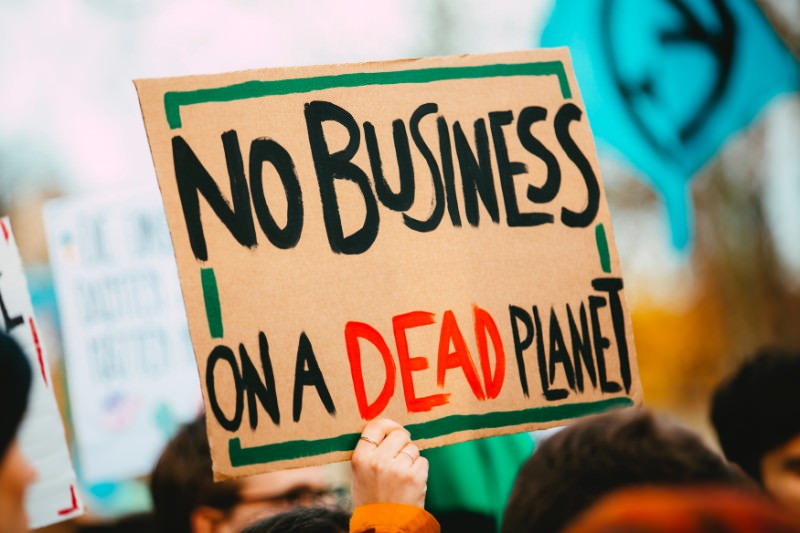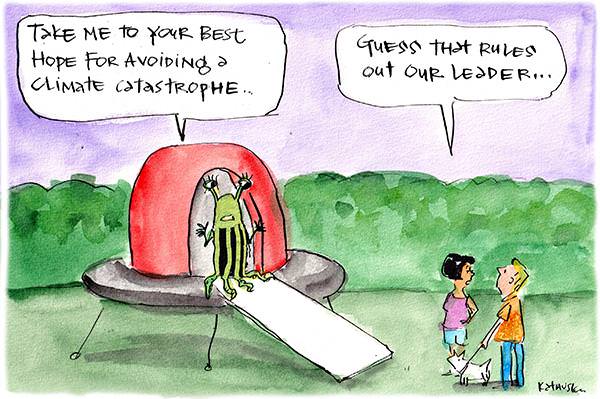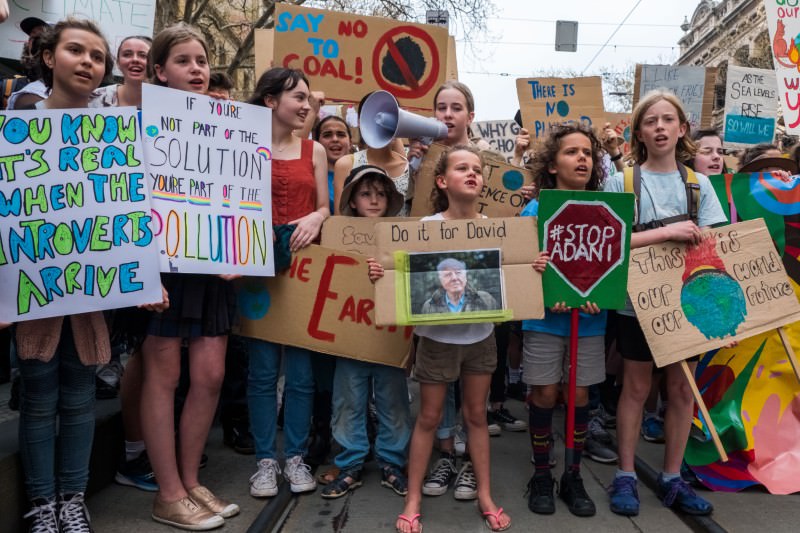Keywords: Industrial
There are more than 200 results, only the first 200 are displayed here.
-

FAITH DOING JUSTICE
- Ursula Stephens
- 25 February 2021
13 Comments
'It's the value of the work, not the worker.' So said a government backbencher to me last week while I was speaking to him about the omnibus industrial relations (IR) Bill that has just passed the House of Representatives.
READ MORE 
-

FAITH DOING JUSTICE
- Andrew Hamilton
- 18 February 2021
37 Comments
We live in a time when around the world so many lives seem not to matter. Whether they be Uighur lives, women’s lives, Black lives, Yemeni lives or refugee lives. So widely disregarded in practice, the large claim that every life has value, however, oftentimes has to be justified. The ultimate reason is that each human being is precious and has an inalienable dignity. No person may be used as a means to another’s end.
READ MORE 
-

ECONOMICS
- Andrew Hamilton
- 13 August 2020
6 Comments
Amid the disruption of predictable life wrought by the coronavirus, governments have focused on jobs. Jobs lost in the response to the virus, and jobs created as we emerge from the crisis. The focus is worthy — behind each job lost is a person whose life has become anxious and uncertain. The language, however, is concerning. Defining the challenge as one of creating jobs expresses an understanding of work, the inadequacy of which the coronavirus has laid bare.
READ MORE 
-

AUSTRALIA
- Dustin Halse
- 30 July 2020
4 Comments
In Australia, we have long boasted of our unparalleled prosperity and strong economic growth. We have championed home ownership and the quarter acre block — after all our home is meant to be our castle. But for too many, the basic human right of having a place to call home remains out of reach.
READ MORE 
-

ECONOMICS
The full economic impact of the coronavirus lockdowns will not be fully felt until the end of the year, but it will be devastating. The Treasurer, Josh Frydenberg, is already estimating that the effective employment rate is 13.3 per cent; it may be headed for as high as 20 per cent. It raises a question, not just in Australia, but in many developed countries. Will there be a significant middle class left after such economic destruction?
READ MORE 
-

ARTS AND CULTURE
- Tim Robertson
- 21 July 2020
9 Comments
Craftsmanship is a way of seeing and understanding mediated through touch and feel and the body. While the finished product or the stated goal are important, the process — as an act of learning, making mistakes, experiencing both frustration and satisfaction — is equally (if not more) important.
READ MORE 
-

ENVIRONMENT
- Alana Schetzer
- 19 May 2020
3 Comments
Multiple media reports have focused on individuals and households moving away from sustainability — mostly because of understandable concerns about contamination — and yet, the conversation about the impacts of our biggest businesses and corporations hasn’t been as loud.
READ MORE 
-

ECONOMICS
To date, most of the Morrison government’s economic packages could best be described as ‘economic welfare’. They are measures designed to limit the impact on the economy of the COVID-19 pandemic. The recovery phase will very much need to be about stimulating the Australian economy.
READ MORE 
-

ENVIRONMENT
- Jacinta Bowler
- 19 March 2020
2 Comments
Unfortunately, when it comes to limiting our emissions there’s no silver bullet, and there’s unlikely to be one before we hit an increase of 1.5 degrees. However, scientists do say that we already have all the technology we need to get to net-zero. What we don’t have is the political willpower.
READ MORE 
-

AUSTRALIA
- Cristy Clark
- 12 March 2020
24 Comments
This behaviour did not come out of nowhere. It has been carefully cultivated through over 40 years of neoliberal economic policies that have made it blatantly clear to people that they are on their own and will absolutely be left to fall if they don’t scramble their way to the top of the heap — supported, if necessary, by their own accumulated rolls of toilet paper.
READ MORE 
-

ECONOMICS
- David James
- 04 February 2020
3 Comments
A shift is afoot in the west's financial markets that represents the most important economic change since the emergence of the new financial instruments in the 1990s that ultimately led to the global financial crisis. It is likely to result in a new way of thinking about money, which will change the substructure of developed economies.
READ MORE 
-

ENVIRONMENT
- Gracie Ryan
- 28 January 2020
11 Comments
Among the bustle of hundreds of thousands of teenagers with clever signs, mild sunburns, and a palpable disdain for major party politics, there was a sense that we could change the world. The noise we made felt so deafening that no one could ignore it. And then we were promptly ignored.
READ MORE 